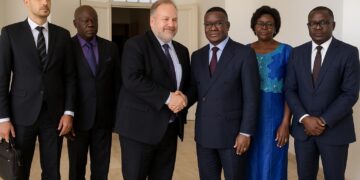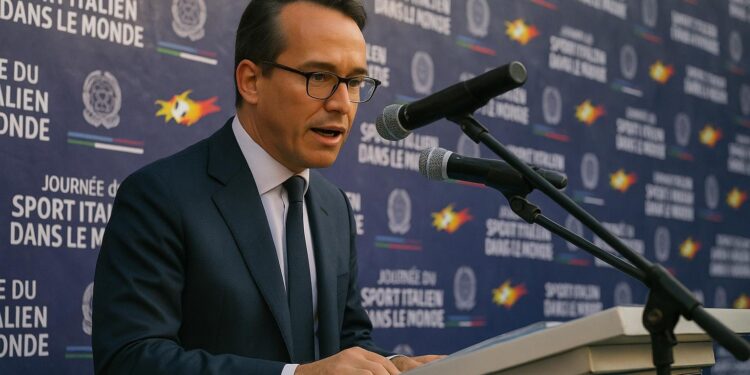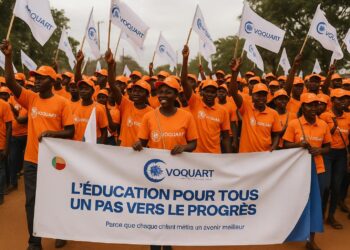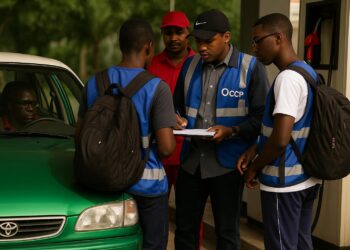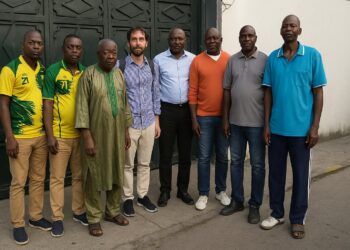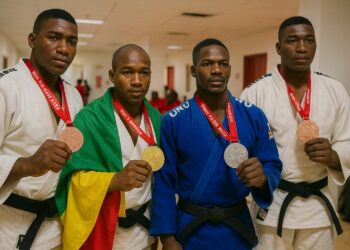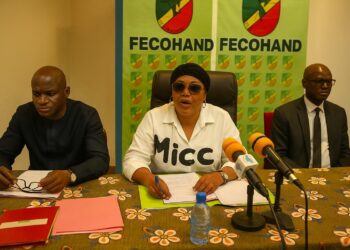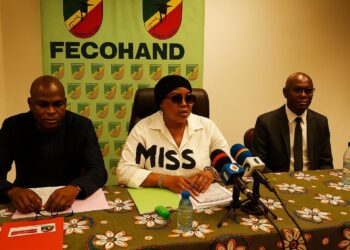Sports diplomacy boosts Italy-Congo ties
For two late-September days the renovated Enrico-Mattei Stadium in Mvou-Mvou became a miniature global arena. Four under-18 squads battled for a trophy named after the founder of energy major Eni, under the patronage of Italian ambassador Enrico Munziata, illustrating how football increasingly underpins bilateral soft power.
Italian foreign-policy doctrine views sport as a universal language. Rome’s annual Italian Sport Day, coordinated by the Ministry of Foreign Affairs, exports that doctrine. Pointe-Noire was chosen in part because Eni Congo’s offshore platforms anchor one of Italy’s largest corporate footprints in Central Africa, giving symbolism extra weight.
Talent pipeline for Congo football
Brazzaville’s National Football Training Centre, coached by Italian tactician Fabrizio Fraldo Cesana, lifted the 2025 trophy by overcoming defending champions Loandjili two goals to nil. Analysts see the victory as validation of the centre’s pedagogy, which mixes European methodologies with local flair and prioritises academic tutoring alongside drills.
Individual awards reinforced the tournament’s scouting appeal. Loandjili’s Jean Loudzikou earned best-player honours, CNFF striker Galoise du claimed the golden boot with three goals, and Mvou-Mvou keeper Gaga Omeya secured best goalkeeper. Regional recruiters attending from the Congolese federation noted “discipline and tactical maturity unusual at U18 level”, according to a post-match briefing.
Partner institutions and funding
The competition emerged from a four-way partnership linking the Italian embassy, Congo’s Ministry of Youth and Sports, Eni Congo and the CNFF. Public-private co-financing covered travel, accommodation, medical screening and prize money. Organisers confirmed a budget of roughly CFA 25 million, 60 percent of which came from corporate sponsorships.
Charles Makaya, chief of staff to Minister Hugues Ngouélondélé, attended both matchdays. He praised the model for “combining government oversight with market resources, exactly the logic guiding our national sports facilities programme”. His remarks echo the ministry’s 2023 white paper advocating blended finance to modernise 12 municipal stadiums without straining the sovereign budget.
Economic footprint for Pointe-Noire
Although modest in scale, the tournament injected measurable revenue into the local economy. Hoteliers in the Mayombe corridor reported occupancy spikes above 80 percent, while informal vendors around the stadium doubled average daily sales, according to data gathered by the Chamber of Commerce delegation posted on site.
Logistics players also benefited. Congo Terminal, operator of the deep-sea port, handled team equipment imports duty-free, showcasing customs facilitation offered under Pointe-Noire’s emerging sports-events strategy. Municipal authorities plan to commission an impact assessment, with early projections indicating a CFA 70 million contribution to gross city product over the week.
Alignment with national Youth 2025 agenda
President Denis Sassou Nguesso proclaimed 2025 the Year of Youth to spotlight inclusion and employability. The Enrico Mattei Cup served as an early flagship, illustrating how sport can intersect with vocational pathways. CNFF’s curriculum already integrates sports-medicine modules and media training, preparing graduates for jobs beyond the pitch.
Government advisors argue that tournaments of this type de-risk social programmes by attracting private mentors and measurable performance metrics. The Ministry of Finance is assessing whether results-based financing, pioneered in education, could extend to youth sport, rewarding academies for player graduation rates and community service hours logged.
Path to Milan-Cortina and Taranto Games
Ambassador Munziata highlighted a strategic countdown to two events where Italy will take centre stage: the 2026 Milan-Cortina Winter Olympics and the Mediterranean Games in Taranto. By nurturing Congolese youth now, Rome builds a transcontinental narrative that could translate into joint training camps or cultural showcases during those games.
Sporting diplomacy also aligns with energy diplomacy. Eni’s CEO has repeatedly framed social investment in Congo as part of a broader licence-to-operate strategy, especially as the firm scales up its liquefied natural gas project in Marine XII. A visible commitment to youth programmes strengthens stakeholder relations ahead of final investment decisions.
Voices from the pitch
“We felt like professionals for two days,” said captain Celle Mayanga, 17, as he hoisted the silverware amid cheers from travelling fans. Loandjili coach Armand Makosso accepted defeat gracefully, noting that “competition breeds character; our boys will return stronger next year”.
Parents interviewed outside the stands underlined the tournament’s social dividends. Mireille Moula, whose nephew plays for Tié-Tié, said the event kept adolescents focused during school holidays. Such testimonies reinforce academic studies linking structured sport to lower urban delinquency, a concern flagged by UNICEF’s 2024 report on Central African youth.
Strategic outlook for investors
International investors monitoring Congo’s non-extractive sectors may view grass-roots sport as a subtle entry point. Sponsorship costs remain low relative to media reach, and local authorities offer tax deductions for youth-development spending under the 2023 Investment Code. European equipment makers have begun exploring distribution deals leveraging CNFF’s growing brand.
Looking forward, organisers plan to expand the Enrico Mattei Cup to eight teams in 2026, potentially including female squads, thereby aligning with FIFA’s gender-equality targets. Talks are under way with airlines to bundle discounted fares, a move that could further integrate sports events into Pointe-Noire’s tourism pitch and diversify revenue streams.








